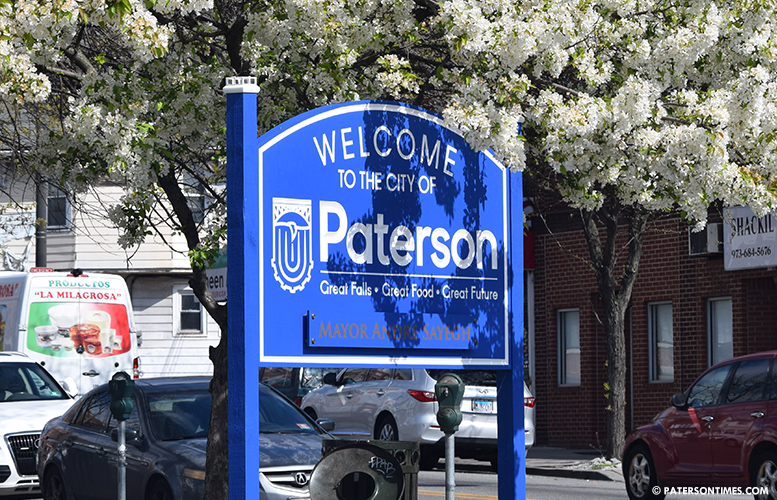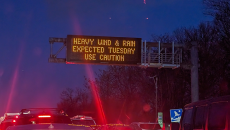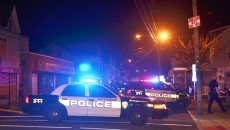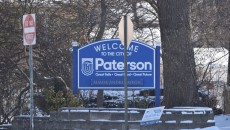The U.S. Department of Housing and Urban Development (HUD) has awarded a $3.4 million grant to Paterson to remove lead from low-income housing units.
Funds from the Lead Based Paint Hazard Reduction program will be used to remove lead from 66 housing units with children.
“In 2020, no child should live in a home that’s dangerous to their health, and we must continue investing federal resources to ensure all federally-assisted homes are free of lead hazards. The cost of inaction is far too great for our kids and our communities,” U.S. senator Bob Menendez, ranking member of the Senate’s housing subcommittee, said.
Paterson has a serious lead problem because of its old housing stock. In 2019, there were 210 cases of children tested positive for elevated levels of lead in their blood. In 2018, there were 318 cases, according to data officials made public last year.
“We must especially protect children from exposure, and that begins with securing federal awards like this. These funds will help Paterson identify, treat, and prevent lead contamination in our neighborhoods so future generations can be protected from incidental contact or ingestion,” Rep. Bill Pascrell said.
Children under six are extremely vulnerable to lead poisoning which can slow physical and mental development.
“We already know that the potential health impacts of lead poisoning can be devastating to a child, so we have an obligation to secure the resources needed to address these hazards. This federal investment will help the City of Paterson mitigate the threat of lead exposure in homes and protect New Jersey families,” U.S. senator Cory Booker said.
More than 3,000 children in New Jersey are diagnosed with lead poisoning every year, according to the New Jersey Department of Health.
Mayor Andre Sayegh said the city has tried to address its lead problem, but has been held back by lack of funding.
“The missing component throughout this time was funding to provide the construction improvements necessary for lead abatement, as it can be cost prohibitive to most homeowners, especially in low-income communities, and must be done in a professionally prescribed manner. This grant will go a long way in providing much needed assistance in the abatement of this first group of 66 homes in the City of Paterson,” Sayegh said.



